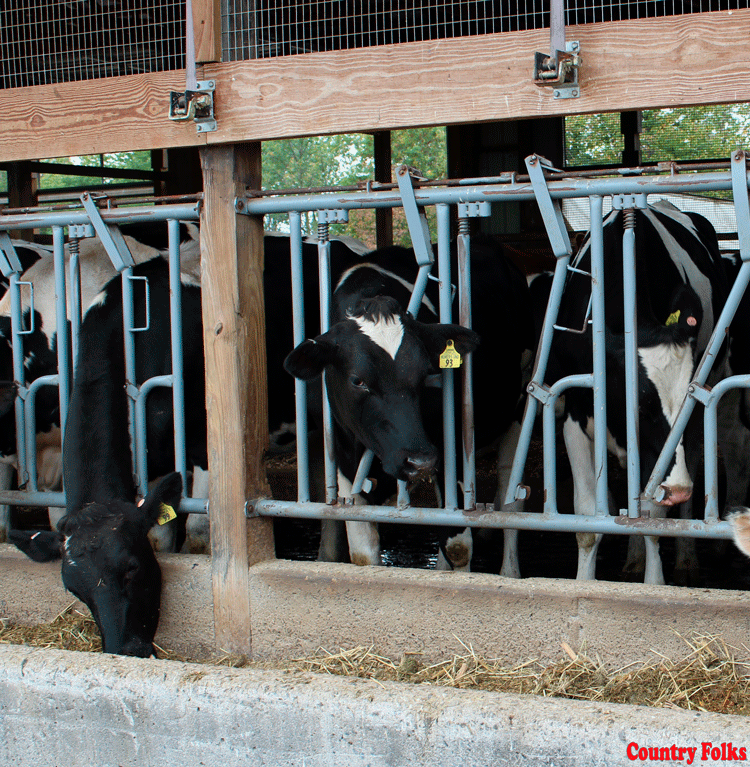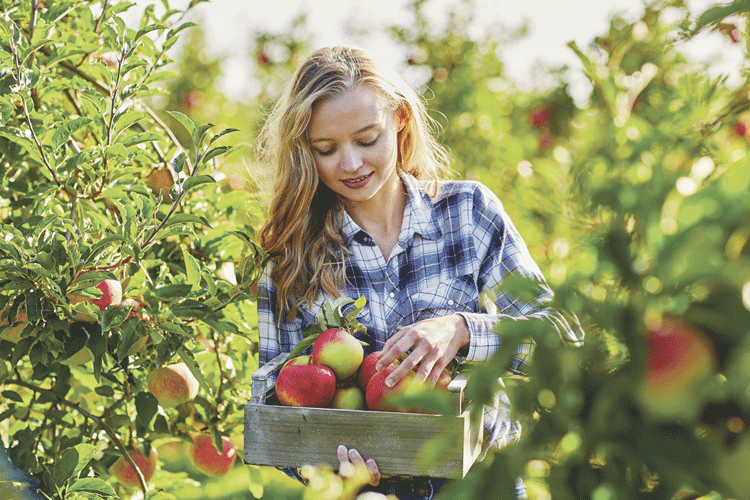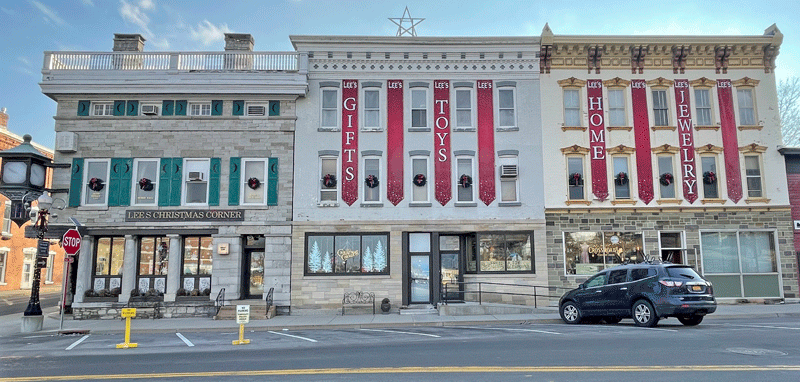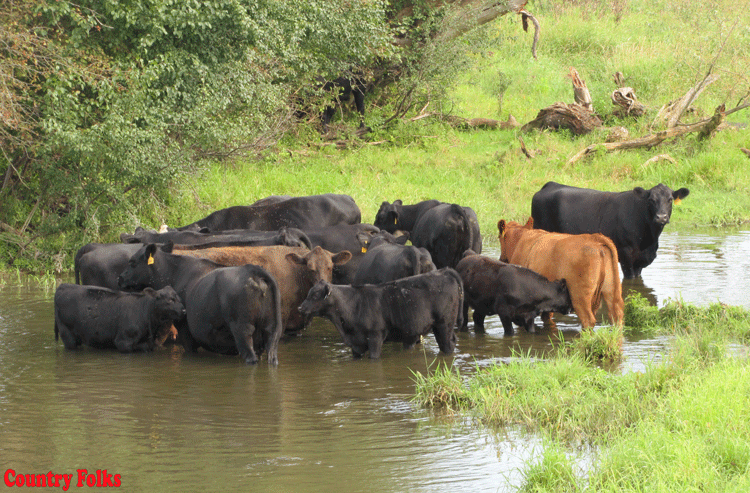 by Sanne Kure-Jensen
by Sanne Kure-Jensen
A diverse panel of producers, chefs, distributors and advocates spoke on sustainable protein at the ninth annual RI Food Forum organized by Farm Fresh RI and hosted by Brown University. Meat ranchers, chefs, distributors and a representative from the seafood industry shared their business challenges. Each offered recommendations for long-term sustainability of their industry and local food systems.
Pat McNiff, farmer and owner of Pat’s Pastured, offers pasture-raised beef cattle, sheep, pigs, ducks, turkeys, broiling chickens, layers. He operates on 100 acres of leased land.
McNiff works to leave the land in better condition than when he received it. Much of his farm has agricultural conservation easements. “Animals should help the land,” He said. Multi-species rotational grazing improves the quality of the soils and forage as well as herd health. McNiff advocates using heritage breed that are adapted to outdoor conditions unlike modern breeds selected for CAFOs or Concentrated Animal Feeding Operations.
McNiff defines sustainability around fertile lands and viable business that can support farm families with a living wage. He commended the efforts of the Rhode Island Raised Livestock Association, which helps aggregate processing services, aiding small producers.
McNiff reminded the audience that Rhode Island has the highest land costs in the nation. Land access is the largest barrier to beginning farmers.
Mel Coleman, Jr., vice president of Niman Ranch, has always raised natural beef without added hormones. His family helped write the national standards for ‘natural meats’ 35 years ago. Niman Ranch protocols promote management practices like rotational grazing to improve soil quality and water retention ability as well as to develop wildlife habitat.
Coleman stressed the importance of capital gains and inheritance tax reform to minimize the financial burdens of passing farms to the next generation. Conservation easements are a great tool to help keep farmland in agriculture by offering cash infusions, income tax deductions and estate savings.
Coleman knows a number of farmers who moved their families into cities to avoid daily exposure to agricultural chemicals. As long as consumers demand cheap food, farmers face pressure to use chemical or antibiotic inputs to push yields. Consumer education is a vital part of expanding the demand for foods produced by family farmers, using less chemicals and sound conservation and animal welfare practices.
If all the costs of eating conventionally-grown food including health care and environmental damage are taken into account, then natural-raised, chemical-free meats and produce probably offers society a better value overall, suggested Coleman. Too many people do not consider the external costs of conventional growing in terms of soil and water pollution. Studies are needed to determine the real cost to society of poor human health and high health care costs due to exposure to poor diets of processed foods and chemically-supported food production.
Coleman reminded the audience that dollars spent with local farms and businesses rotate through communities up to seven times building economic resilience. Supporting local farm businesses also helps protect open space.
Education can come in small, simple steps. Niman Ranch invests in consumer education, college and university education as well as panel discussions. Media involvement helps spread the message. They host events that connect rancher partners with consumers. They also give college scholarships to rancher families.
Bill Idell, chair of Culinary Arts at Johnson & Wales University, teaches student chefs about wellness and sustainability through a program called ‘Conscious Cuisine.’ Students take field trips to local farmers markets, producers and rooftop gardens. Farm Fresh RI staff help teach students about local food systems. Idell teaches ‘the craft of cooking’ from tail to snout and using unusual fish species. He invites producers, chefs and eaters to contact him. “Our doors are open. Help us secure the local food system.”
//










Leave A Comment